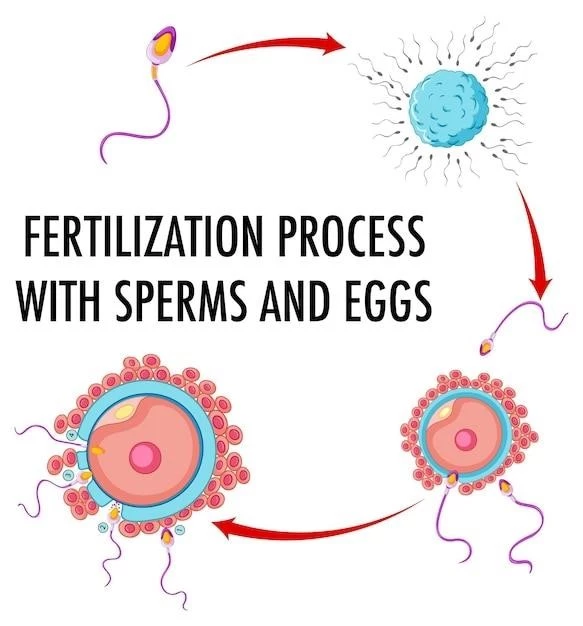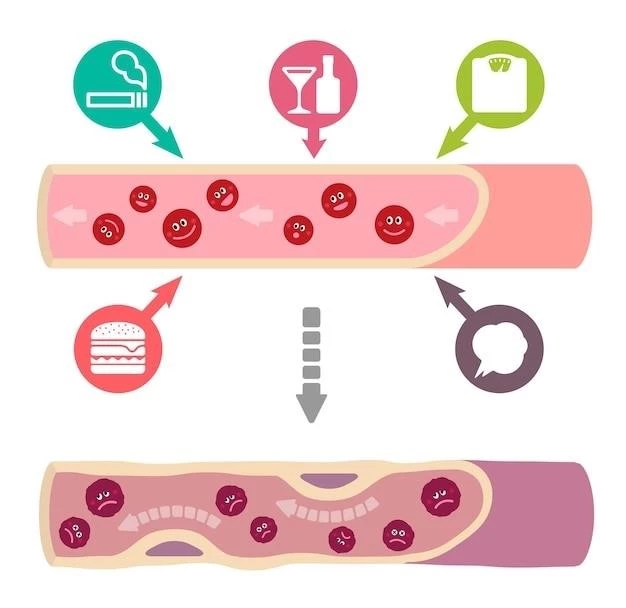A rare disorder characterized by premature clot lysis and bleeding tendency, linked to genetic mutations.
Description of the Disorder
Congenital Plasminogen Activator Inhibitor Type 1 Deficiency is a rare genetic disorder resulting in abnormal bleeding due to a deficiency in the PAI-1 protein, leading to premature clot breakdown. This disorder is inherited in an autosomal recessive pattern.
Genetic Inheritance Pattern
Congenital Plasminogen Activator Inhibitor Type 1 Deficiency follows an autosomal recessive inheritance pattern. Both copies of the gene must have mutations to manifest the condition. Consult a genetic counselor for further insights.
Symptoms and Clinical Characteristics
Manifesting with bleeding tendency and abnormal clot lysis, congenital PAI-1 deficiency calls for close monitoring.
Bleeding Tendency
Individuals with congenital PAI-1 deficiency may experience mild to moderate bleeding, potentially requiring specialized care and management.
Abnormal Clot Lysis
Congenital PAI-1 deficiency is characterized by abnormal clot lysis, increasing the risk of prolonged bleeding episodes. Prompt medical attention is advised to manage this aspect of the condition effectively.
Diagnosis and Testing
Early diagnosis of congenital PAI-1 deficiency involves laboratory tests and genetic screenings; Consult healthcare providers for accurate assessments.
Laboratory Tests
Diagnosing congenital PAI-1 deficiency typically involves various laboratory tests to assess clotting function, bleeding tendencies, and specific levels of relevant proteins. These tests are essential for accurate diagnosis and treatment planning.
Genetic Testing
Genetic testing plays a crucial role in confirming the presence of congenital PAI-1 deficiency by identifying specific mutations in the responsible gene. Consult with a genetic counselor to discuss the implications and potential outcomes of genetic testing.

Management and Treatment Approaches
Effective management of congenital PAI-1 deficiency involves current treatment options and plasminogen replacement therapy.
Current Treatment Options
Patients with congenital PAI-1 deficiency can explore current treatment options, including plasminogen replacement therapy for effective management of bleeding symptoms. Consult healthcare providers for personalized care plans.
Plasminogen Replacement Therapy
In congenital PAI-1 deficiency cases, plasminogen replacement therapy can be a vital treatment approach to manage abnormal bleeding tendencies effectively. Consult with medical professionals for personalized therapy recommendations.
Complications and Prognosis
Due to its nature, congenital PAI-1 deficiency can impact pregnancy and may have long-term implications. Understanding the potential complications and prognosis is crucial for managing the condition effectively.
Impact on Pregnancy
Individuals with congenital PAI-1 deficiency may face challenges during pregnancy due to the condition’s impact on clotting processes. It is crucial to discuss pregnancy planning and management with healthcare providers to navigate potential risks effectively.
Long-Term Outlook
Understanding the long-term implications and prognosis of congenital PAI-1 deficiency is crucial for managing the condition effectively. It is essential to stay informed about potential complications and discuss care plans with healthcare professionals.
Research and Advancements
Stay informed about novel therapeutic approaches and recent studies on PAI-1 deficiency for updated management strategies.
Novel Therapeutic Approaches
Exploring emerging therapeutic strategies for congenital PAI-1 deficiency can provide insightful options for improved management of this rare condition. Stay updated on novel treatments to enhance care outcomes.
Recent Studies on PAI-1 Deficiency
Ongoing research on PAI-1 deficiency focuses on understanding disease mechanisms, potential therapeutic targets, and advancements in managing abnormal clotting processes associated with the condition. Stay informed about recent studies to stay abreast of the latest developments in the field.
Lifestyle Recommendations for Individuals with PAI-1 Deficiency
Adhering to specific dietary considerations and physical activity guidelines is crucial for managing PAI-1 deficiency effectively.
Dietary Considerations
For individuals with PAI-1 deficiency, it is essential to consider dietary choices that promote overall health and support hemostasis. Consult with a healthcare provider or a dietitian to develop a balanced diet plan tailored to your specific needs.
Physical Activity Guidelines
Individuals with PAI-1 deficiency should consider tailored physical activity routines that promote cardiovascular health and overall well-being. Consult with healthcare providers to develop suitable exercise plans based on your condition.

Support and Resources for Patients and Families
Access patient advocacy organizations for guidance and counseling services to support individuals and families affected by PAI-1 deficiency.
Patient Advocacy Organizations
Connect with patient advocacy organizations specializing in PAI-1 deficiency to access valuable resources٫ support٫ and information for individuals and families affected by the condition.
Counseling and Mental Health Support
Seeking counseling and mental health support is essential for individuals and families impacted by PAI-1 deficiency. Mental health professionals can provide valuable support and guidance in coping with the challenges associated with the condition.
